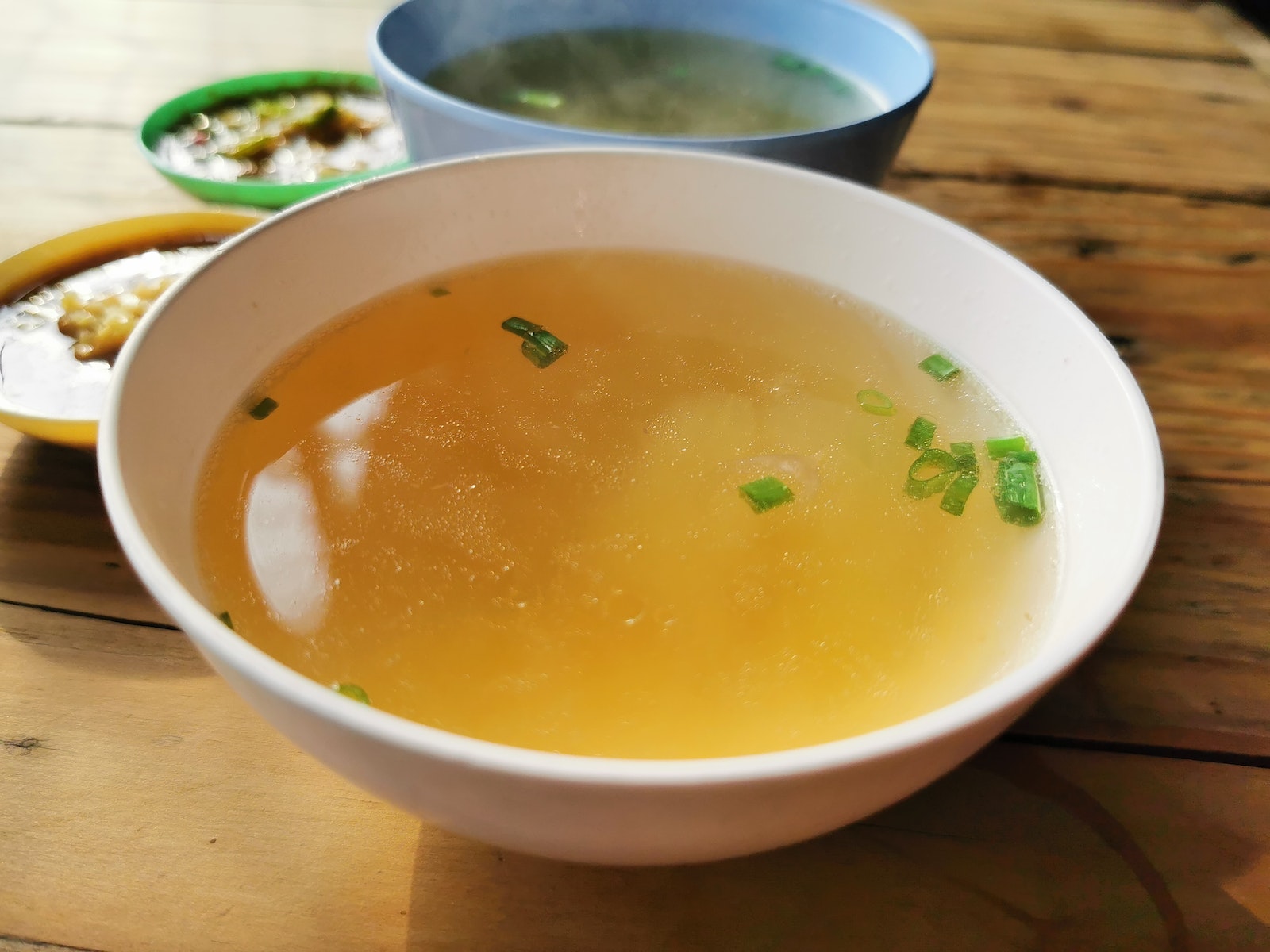In today’s fast-paced world, maintaining our overall health and wellness is becoming increasingly challenging. From hectic work schedules to poor dietary choices, it’s no wonder that many of us are struggling to find balance. Fortunately, nature has provided us with an incredible arsenal of superfoods that can help us combat these issues and improve our well-being. One such superfood that has gained significant attention in recent years is antioxidant-rich berry powder.
Understanding the Power of Antioxidants
Before we delve into the benefits of berry powder, it’s essential to understand the role of antioxidants in our bodies. Antioxidants are compounds that help protect our cells from the damaging effects of free radicals, which are unstable molecules that can cause oxidative stress. Oxidative stress has been linked to various health issues, including chronic inflammation, aging, and even certain diseases.
Consuming foods rich in antioxidants is crucial for neutralizing free radicals and promoting overall health. And what better way to do so than by incorporating antioxidant-rich berry powder into our diet?
Antioxidants work by stabilizing free radicals, preventing them from causing further damage to our cells. These compounds play a vital role in reducing inflammation, boosting our immune system, and protecting against chronic diseases such as heart disease and cancer.
The Magical World of Berry Powders
Berry powder refers to the finely ground form of various berries, including blueberries, strawberries, raspberries, and many others. These powders are created by carefully dehydrating the berries and then grinding them into a fine, nutrient-dense powder.
By consuming berry powder, we can enjoy all the health benefits that these vibrant fruits have to offer in a convenient and concentrated form. Let’s explore some of the incredible benefits that berry powders can provide.
- Supercharged with Antioxidants
As mentioned earlier, berries are renowned for their high antioxidant content. Berry powders, being a concentrated form, pack an even more powerful punch in terms of antioxidant levels. These antioxidants help protect our cells from oxidative stress and promote overall well-being.
In addition to antioxidants, berry powders are also rich in other beneficial plant compounds, such as flavonoids and anthocyanins. These compounds have been shown to have anti-inflammatory and anti-cancer properties, further enhancing the health benefits of berry powders.
- Enhanced Nutrient Profile
Berry powders are not only rich in antioxidants but also contain an array of essential nutrients. They are an excellent source of vitamins, minerals, fiber, and other beneficial plant compounds. Incorporating berry powder into your diet can provide a significant boost to your nutrient intake.
For example, blueberry powder is packed with vitamin C, vitamin K, manganese, and dietary fiber. Strawberries, on the other hand, are a great source of vitamin C, folate, potassium, and antioxidants. By including a variety of berry powders in your diet, you can ensure that you’re getting a wide range of essential nutrients.
Research suggests that the antioxidants and anti-inflammatory compounds found in berries may help support heart health. Regular consumption of berry powder has been associated with reduced risk factors for heart disease, such as high blood pressure and cholesterol levels.
The high levels of antioxidants in berry powders help reduce oxidative stress and inflammation, both of which are known to contribute to the development of heart disease. Additionally, the fiber content in berry powders can help lower cholesterol levels and improve heart health.
- Boosts Cognitive Function
The potent antioxidants present in berry powders have been shown to support brain health and improve cognitive function. Regular consumption may help enhance memory, focus, and overall mental clarity.
One of the key compounds found in berries is anthocyanin, which has been linked to improved brain function. Studies have shown that anthocyanins can enhance memory and protect against age-related cognitive decline. Including berry powders in your diet can provide a convenient way to boost your brain health.
- Aids in Weight Management
Berries are known for their low-calorie and high-fiber content, making them an ideal addition to a weight management plan. By incorporating berry powder into your diet, you can increase your fiber intake, which promotes feelings of fullness and helps control appetite.
Fiber-rich foods help regulate blood sugar levels, prevent overeating, and promote healthy digestion. The high fiber content in berry powders can help you feel satisfied and reduce cravings, making it easier to maintain a healthy weight.
- Promotes Healthy Skin
Antioxidants play a crucial role in maintaining healthy and youthful-looking skin. Berry powders, with their high antioxidant content, can help protect the skin against damage caused by free radicals, reducing the signs of aging and promoting a radiant complexion.
Free radicals can damage collagen and elastin, leading to wrinkles, fine lines, and other signs of aging. The antioxidants in berry powders help neutralize these free radicals, preventing premature aging and promoting a healthy, glowing complexion.
How to Incorporate Berry Powders into Your Diet
Now that we understand the incredible benefits of berry powders, let’s explore some creative ways to incorporate them into our daily diet:
- Smoothies: Add a teaspoon or two of berry powder to your favorite smoothie recipe for a burst of flavor and nutrition. You can combine different berry powders for a variety of flavors and health benefits.
- Baked Goods: Sprinkle berry powder onto muffins, pancakes, or even yogurt for a colorful and delicious twist. Not only will it add a vibrant hue to your baked goods, but it will also infuse them with antioxidants and nutrients.
- Oatmeal: Stir in berry powder while preparing your morning bowl of oatmeal for an antioxidant-rich breakfast. It will give your oatmeal a natural sweetness and a beautiful color, making it a delightful and nutritious way to start your day.
- Energy Balls: Roll energy balls made with nuts, dates, and coconut flakes in berry powder for a nutritious and tasty snack. These energy balls can provide a quick energy boost while delivering a dose of antioxidants and essential nutrients.
- Salads: Sprinkle berry powder on top of salads or mix it into homemade salad dressings for a unique and flavorful touch. It can add a tangy and slightly sweet taste to your salads, along with a nutritional boost.
Conclusion
Berries truly are nature’s gift to our overall well-being, and berry powders allow us to harness their benefits in a concentrated and convenient form. By incorporating antioxidant-rich berry powders into our daily routine, we can elevate our wellness and combat the challenges of modern life. So, why not embark on a journey of berries bliss today and enjoy the incredible health benefits they have to offer?
Note: The content provided above is in markdown format for the given title Berries Bliss: Elevate Wellness with Antioxidant-Rich Powder.
Q1: What are antioxidants and why are they important for our health?
A1: Antioxidants are compounds that protect our cells from the damaging effects of free radicals, which can cause oxidative stress. Consuming foods rich in antioxidants is crucial for neutralizing free radicals and promoting overall health.
Q2: How are berry powders different from whole berries?
A2: Berry powders are a concentrated form of various berries that have been dehydrated and ground into a fine powder. They contain high levels of antioxidants and other beneficial plant compounds, providing a convenient and nutrient-dense way to enjoy the health benefits of berries.
Q3: What are the potential benefits of consuming berry powders?
A3: Berry powders are supercharged with antioxidants, enhance the nutrient profile of your diet, support heart health, boost cognitive function, aid in weight management, and promote healthy skin.
Q4: How can I incorporate berry powders into my diet?
A4: You can add berry powder to smoothies, sprinkle it on baked goods or oatmeal, roll energy balls in it, or even use it as a topping for salads. These creative ways will infuse your meals with antioxidants and nutrients while adding a burst of flavor.






